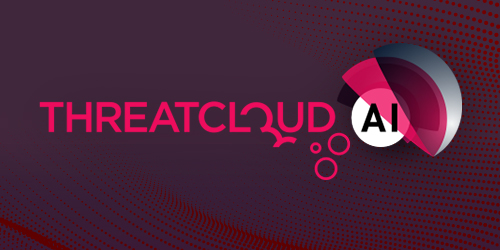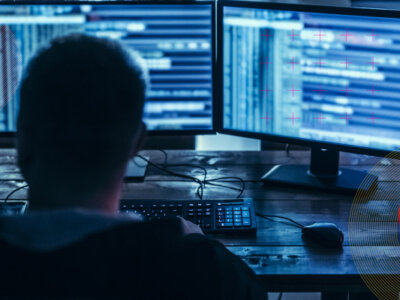
Check Point Partners With World Economic Forum on Global Cyber Security
The World Economic Forum is the leading international organization for public-private cooperation, which engages the foremost political, business and other leaders of society to shape global, regional and industry agendas.
The Centre for Cybersecurity was formed by the World Economic Forum as it views cyber attacks and date fraud/ theft as part of the top 5 global risks. The Centre is aimed to leverage the World Economic Forum’s convening power to mobilize the capabilities of a global network of partners from business, government, international organizations, academia and civil society to enhance and consolidate international security.
As we all know, cyberattacks are increasing in volume and sophistication, affecting an ever-greater number of people and institutions. Through artificial intelligence (AI), the Internet of Things (IoT) and other new technologies, the threat surface and vulnerability are growing, spinning out in new threat areas facing citizens, consumers, companies and countries.
The first Annual Gathering of the World Economic Forum’s Centre for Cybersecurity gathered more than 140 cybersecurity experts from government, business, academia and law enforcement to address these three challenges. Check Point’s VP Products, Dr. Dorit Dor participated in the gathering and led a discussion about Disruptive Technologies.
“What happens to the rule of law when rule of law cannot be enforced?” asked Troels Oerting Jorgensen, to a room full of cybersecurity leaders.
Over 140 experts – from diverse fields such as government, business, academia and law enforcement – gathered in Geneva, Switzerland for the inaugural Annual Gathering of the World Economic Forum’s new major initiative: the global Centre for Cybersecurity.
Check Point Software is proud to partner with the Forum, as cyber attacks pose a global threat to our economies, our livelihoods, and our safety.
Fostering Global Multi-Stakeholder Collaboration
Mr. Jorgensen, the head of the Centre for Cybersecurity, was raising the question in order to spark an important discussion: how can the private/public sectors better collaborate with law enforcement?
“While companies collect extensive data on threats they have neither the power nor the mandate to pursue cyber criminals. The public sector and law enforcement, on the other hand, would benefit from access to that data to more effectively combat cybercrime,” remarked the Centre’s readout from the meeting.
These discussions are particularly pertinent to Check Point, as our ThreatCloud database holds over 250 million addresses analyzed for bot discovery, more than 11 million malware signatures, and identifies millions of malware types daily. At one point in the gathering, senior law enforcement officials discussed emerging threats, naming ransomware and crypto-currency related threats in particular – emerging threats that Check Point researchers discussed at length in our Mid-Year Trends report.
Looking Forward:
The modern fifth-generation cyber-attack has the power of a nation-state’s cyber warfare tools, can laterally move between vectors and attack surfaces, and operates on a massive, global scale. This new reality requires globally-scaled defense strategy, with diverse and creative voices at the table – which is why we’re proud to partner with the World Economic Forum’s Centre for Cyber Security.
Check Point’s mission is to make the internet secure, and this type of collective action enables us to employ our unique research capabilities, our decades of expertise, and our fifth-generation threat prevention technology for the betterment of the world. Follow us on Twitter and LinkedIn to stay up-to-date on what we’re doing to combat cyber crime.









